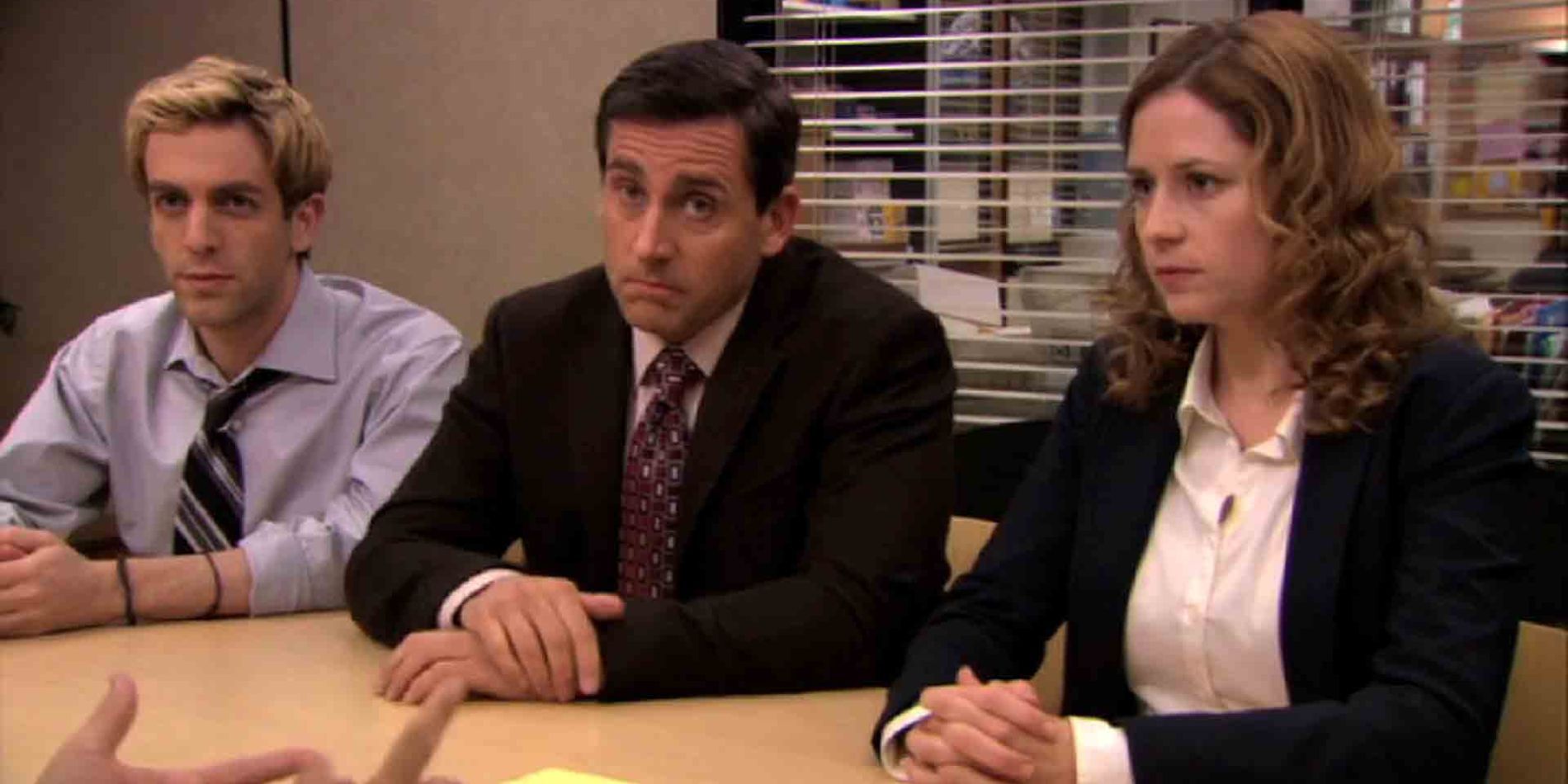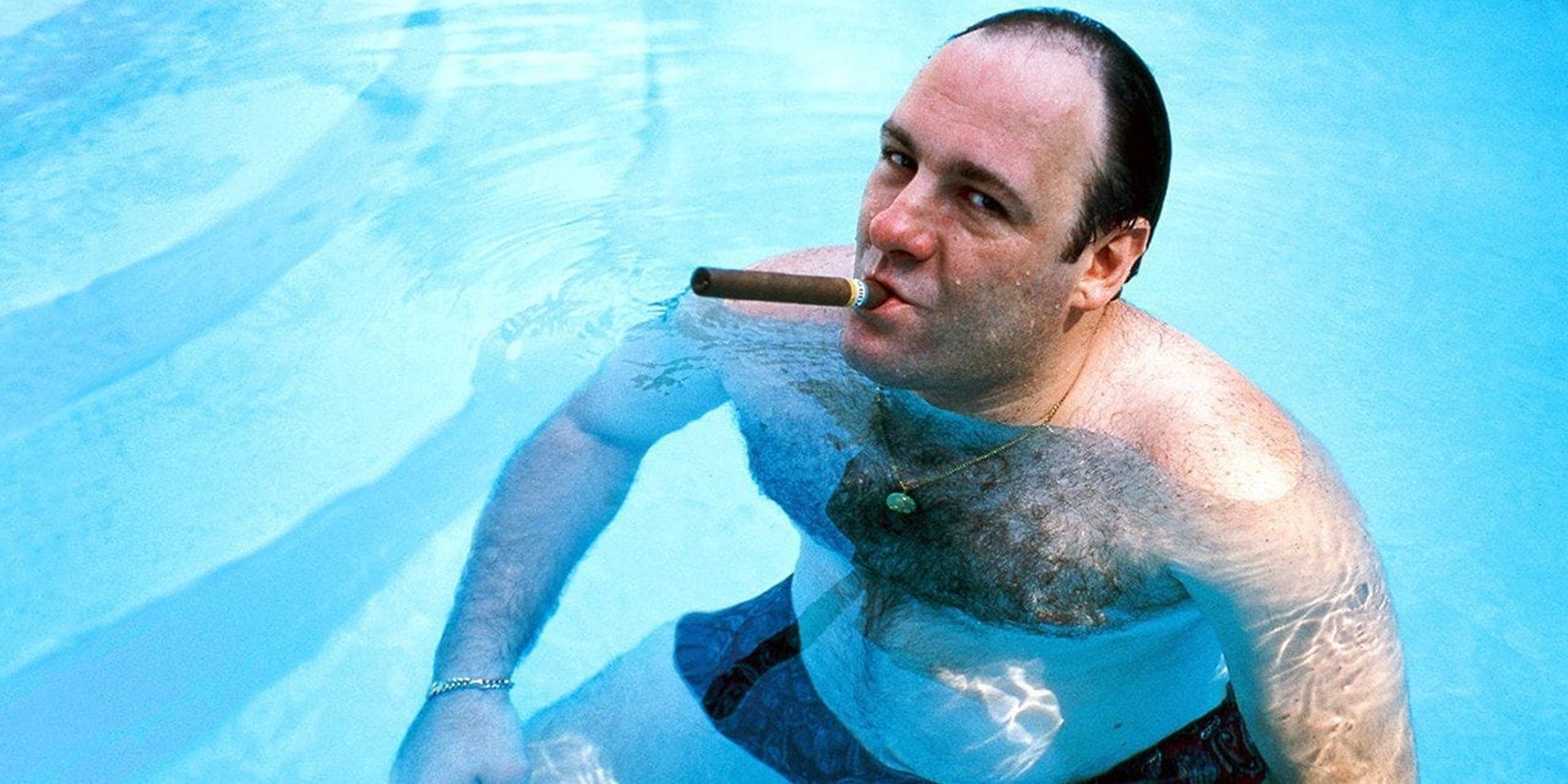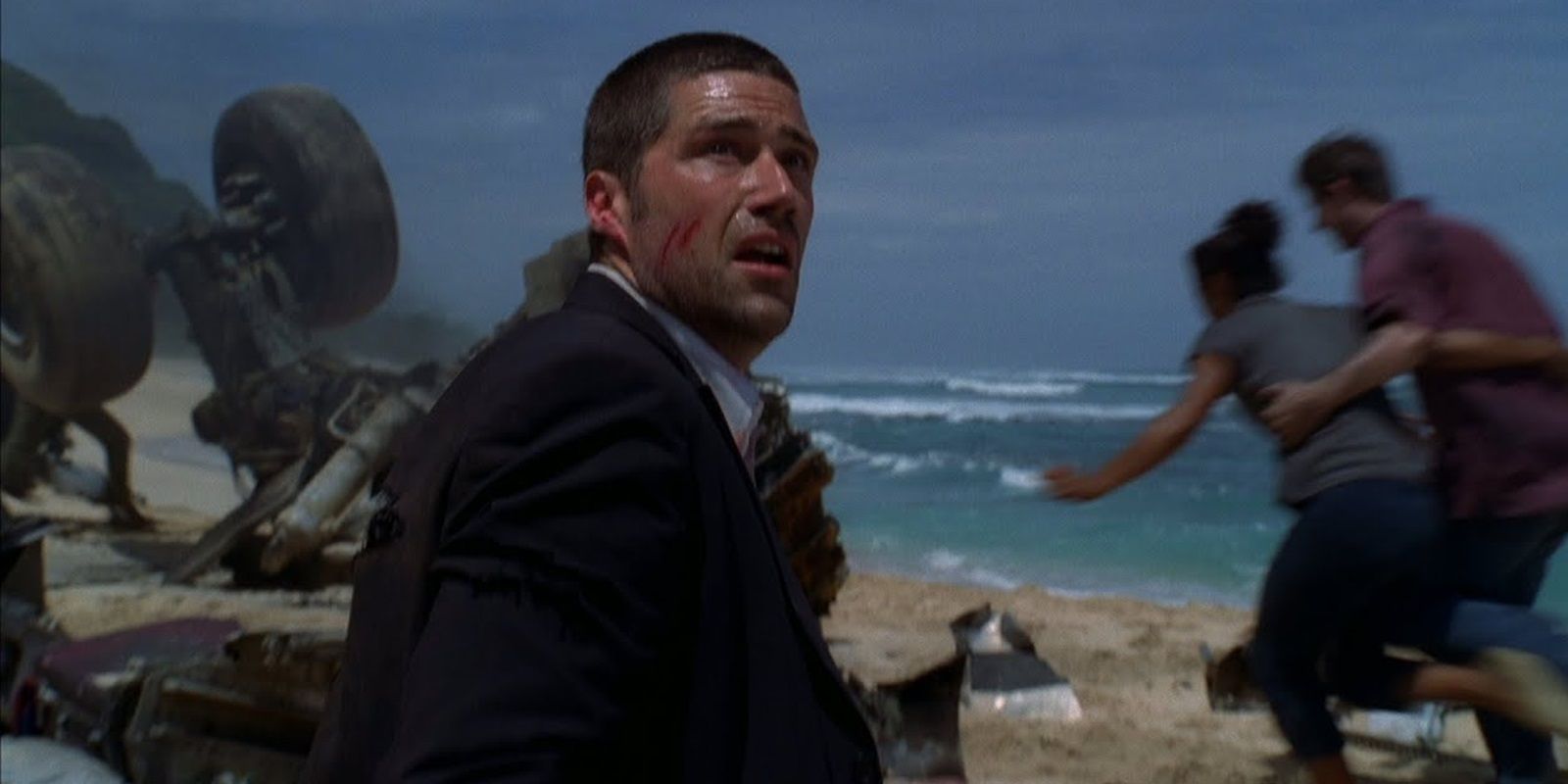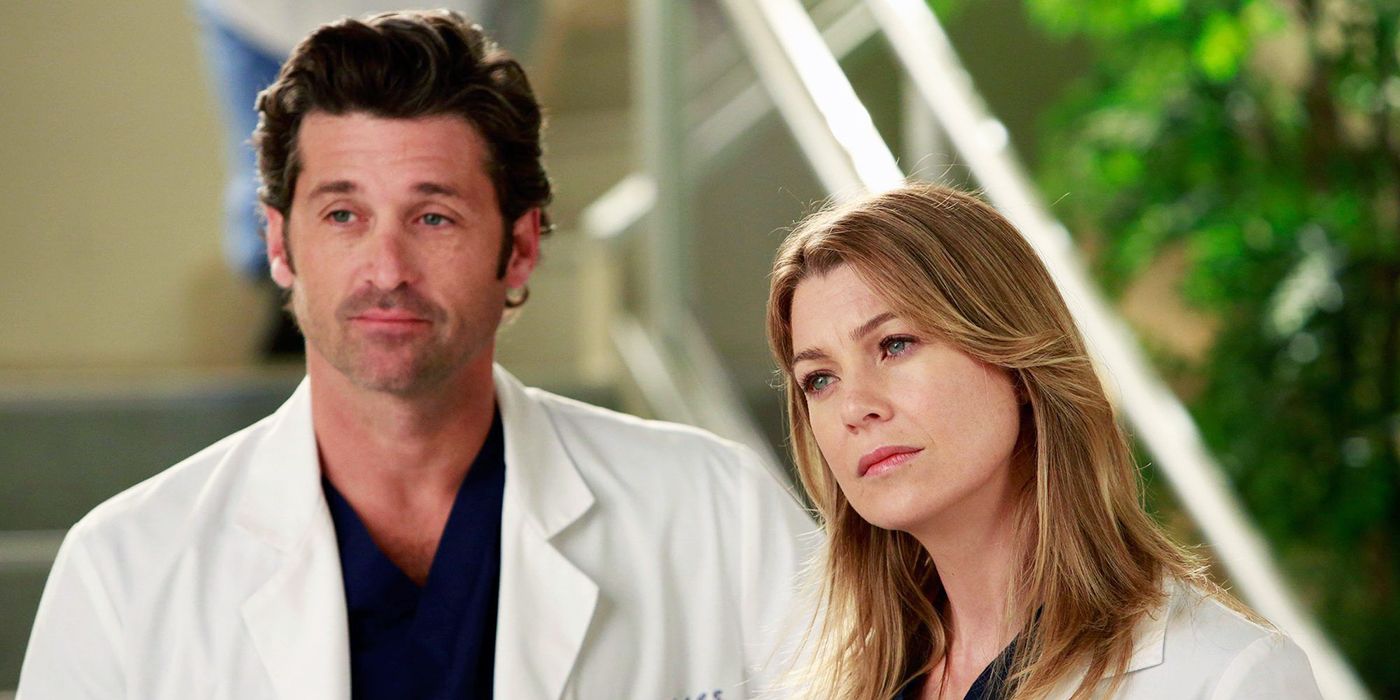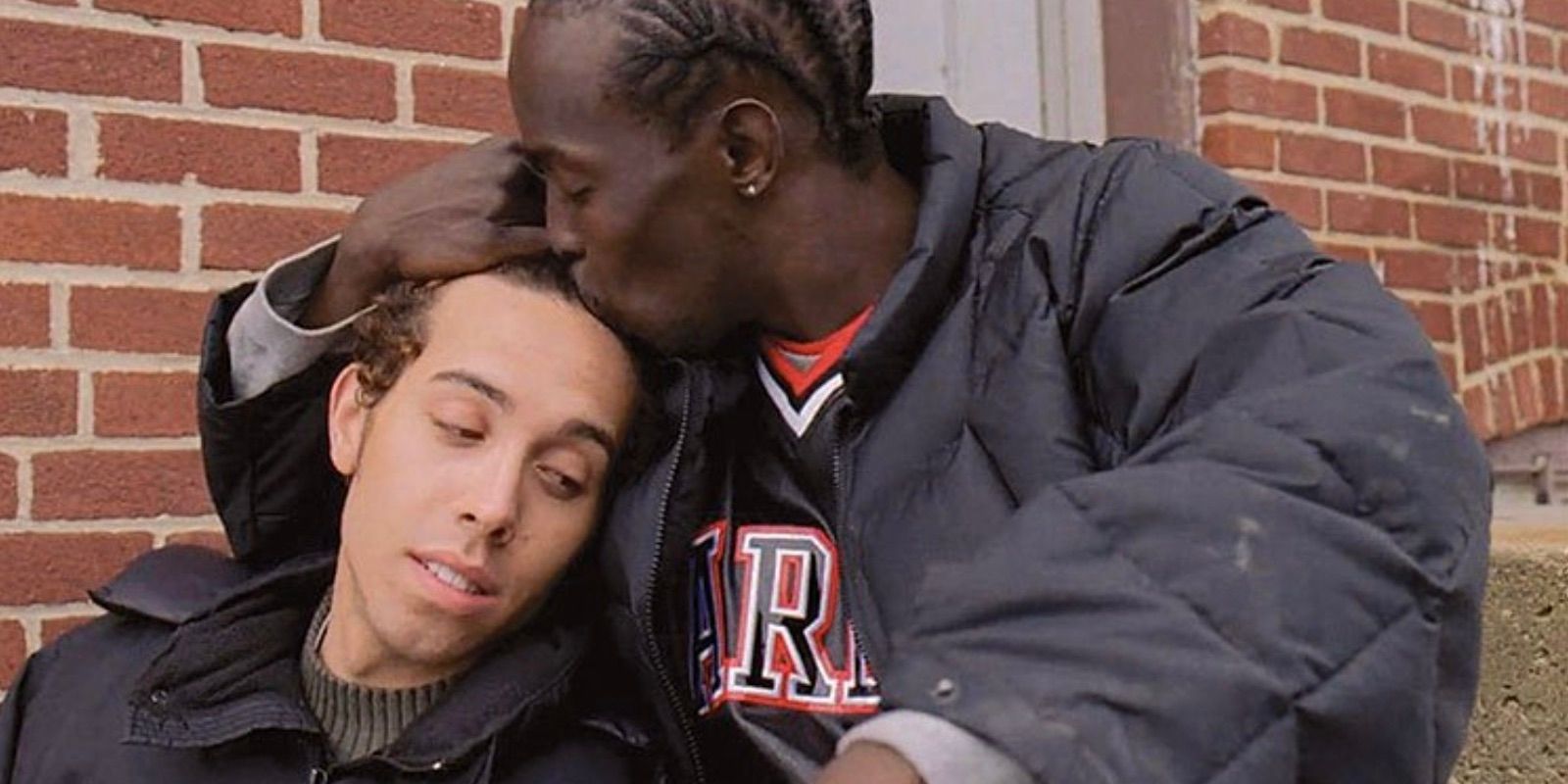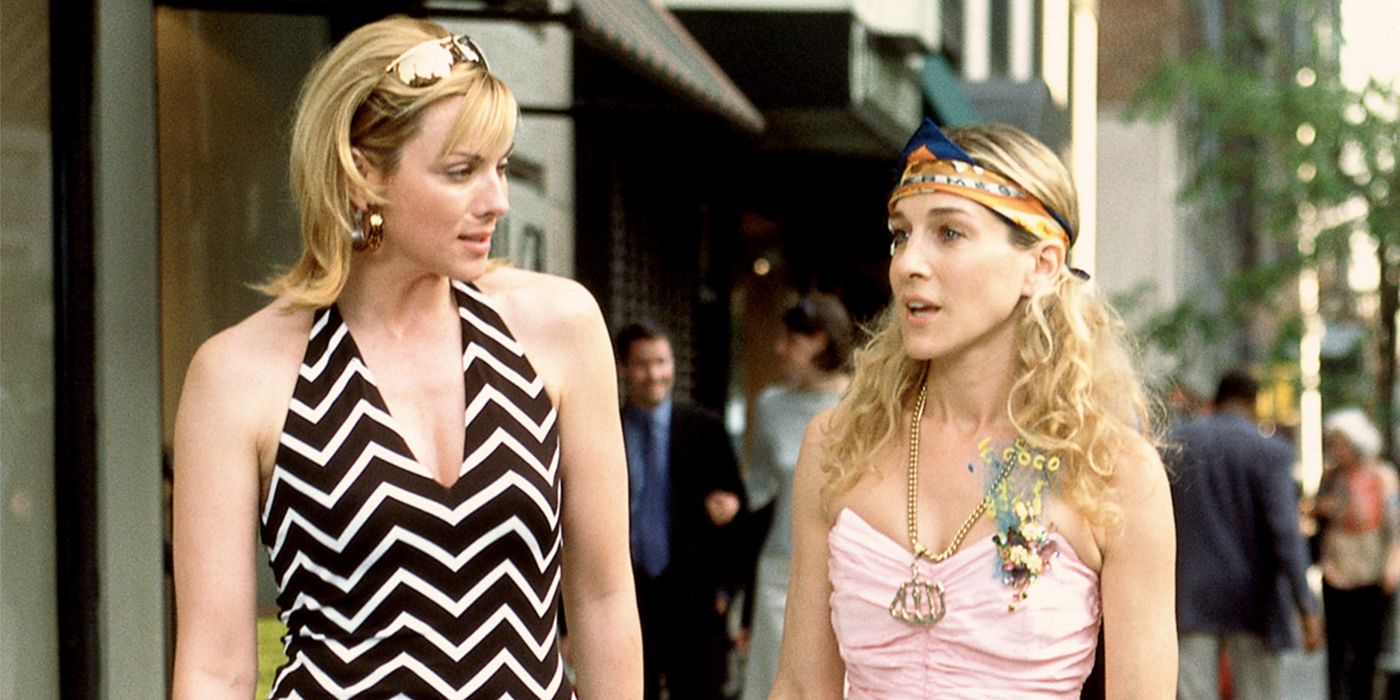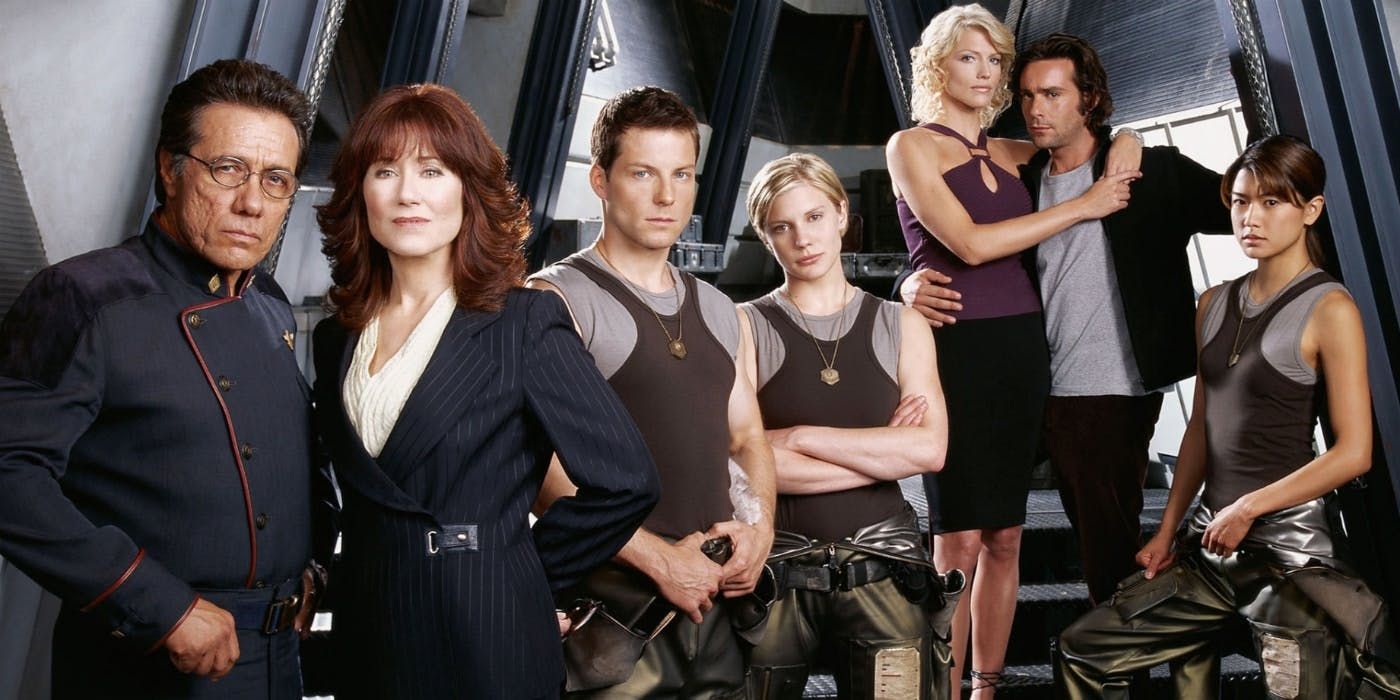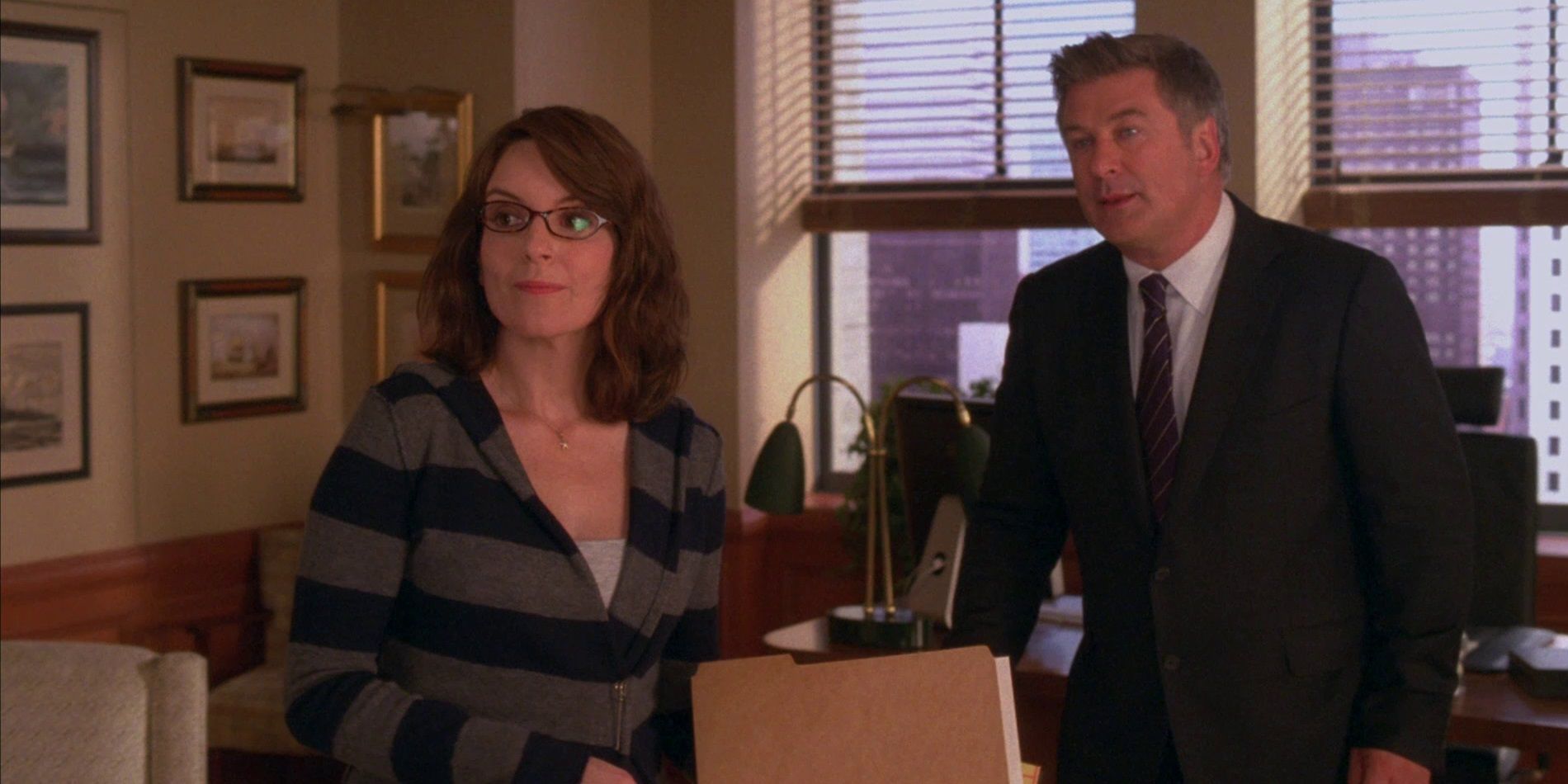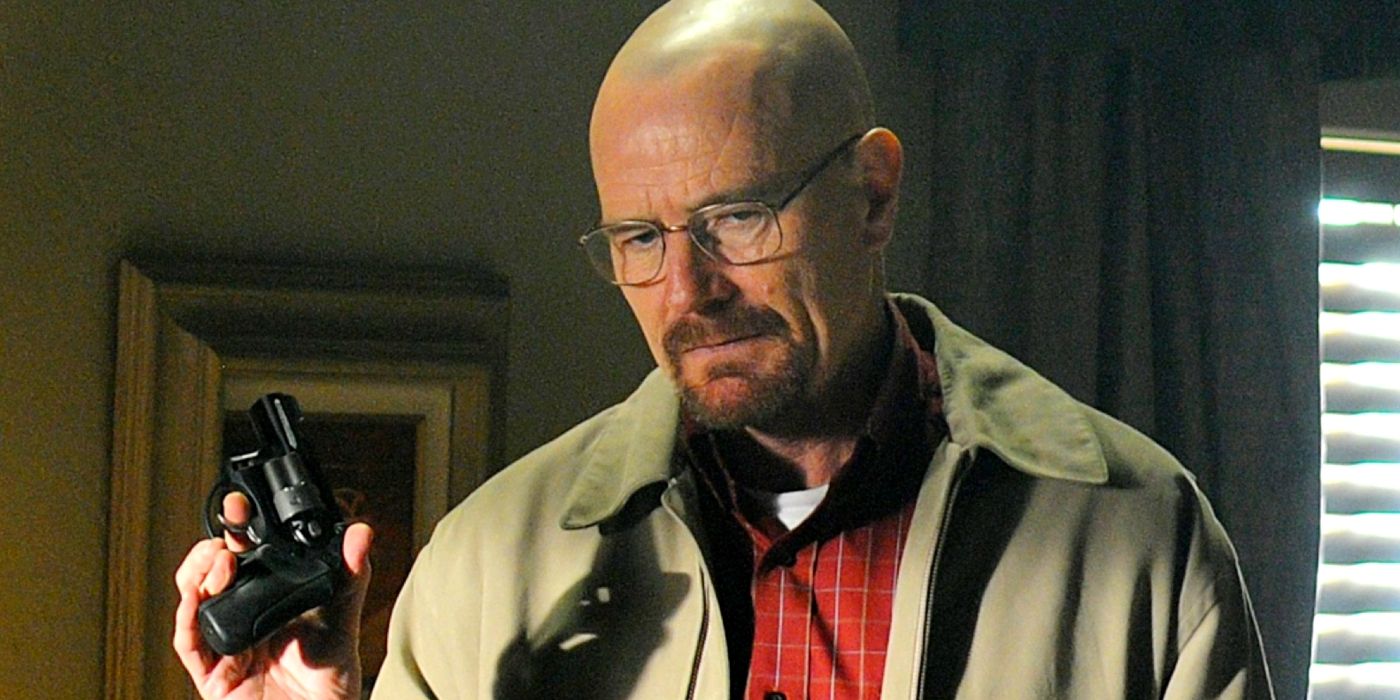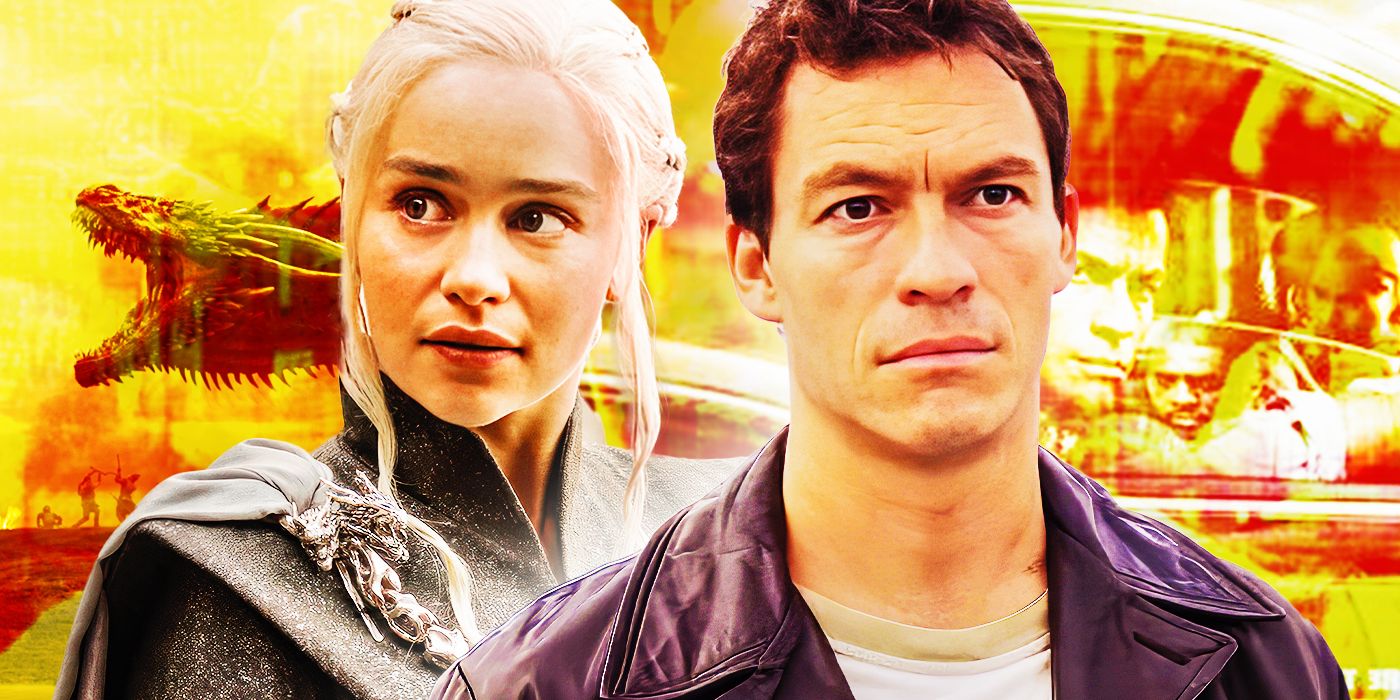
The Ultimate Must-Watch TV Shows That Defined the 2000s

Discover the top 10 TV shows that shaped the 2000s! From the hilarious workplace antics of The Office to the gripping crime drama of Breaking Bad, these influential series captivated audiences and left a lasting impact on television history
The 2000s ushered in a new era of influential TV shows, distinct from the sitcoms and monster-of-the-week dramas of the 1990s. This shift was evident in the early aughts, as viewers gravitated towards different types of shows and characters, often recording them through DVR. While beloved ‘90s classics like Seinfeld and The X-Files saw a decline in popularity, cable networks such as HBO and AMC rose to prominence, curating an exceptional lineup of shows before the streaming era fully took over.
In contrast to traditional sitcoms, comedies in the 2000s embraced a more self-aware and dry sense of humor. The characters in these shows felt authentic and extended beyond their weekly adventures. As for dramas, the decade witnessed the rise of the anti-hero. These flawed and unlikeable characters were not limited to Tony Soprano-style mobsters; rather, they represented everyday individuals who made questionable decisions. Additionally, boundary-pushing shows defied genre norms and experimented with unique story structures, profoundly influencing the television medium.
10 The Office
The Office, a remarkable mockumentary TV comedy series, is renowned for popularizing various elements that break the fourth wall, such as to-the-camera interviews. It was based on a BBC series of the same name and aired for an impressive nine seasons, from 2005 to 2013. Alongside shows like 30 Rock, it played a significant role in ushering in a new era of TV comedy, often referred to as the "golden age," and continues to heavily influence popular shows in the 2020s, like Abbott Elementary.
Even those familiar only with Office memes are likely aware that the show revolves around the employees of the Dunder Mifflin Paper Company, specifically its Scranton, Pennsylvania-based branch. The comically inept character of Michael Scott, played by Steve Carell, leads this branch. The Office not only introduced a single-camera setup but also broke away from the traditional use of laugh tracks, revolutionizing the approach creators took toward contemporary comedy series. By proving that sitcoms didn't need live studio audiences or multi-camera setups to succeed, The Office became one of the most influential shows of the 2000s.
9 The Sopranos
The Sopranos, an HBO series that debuted in 1999 and ran for six seasons until 2007, played a major role in shaping today's TV landscape and is credited with ushering in the second golden age of television. The series finale, while divisive, remains memorable. The crime drama focused on Tony Soprano, a New Jersey mafia boss and family man who grappled with his conflicting roles. Tony's regular therapy sessions with psychiatrist Jennifer Melfi offered a fresh perspective on the familiar genre. The critically acclaimed series, which received Peabody, Emmy, and Golden Globe Awards, not only successfully avoided the sophomore slump but also established HBO as the primary network for high-quality dramas. Importantly, The Sopranos introduced the concept of an anti-hero protagonist, causing audiences to empathize with Tony despite his involvement in criminal activities and heinous acts throughout the show.
8 Lost
Lost revolutionized network television in a similar way to how The Sopranos revolutionized premium networks like HBO. Created by Jeffrey Lieber, J. J. Abrams, and Damon Lindelof, this captivating show spanned six seasons from 2004 to 2010 and left an undeniable impact on the television landscape. The premise was deceptively simple: survivors of a plane crash navigating the enigmatic island they found themselves stranded on. However, what set Lost apart was its seamless integration of various genres and clever storytelling techniques.
While initially appearing as a typical drama, the island's inexplicable phenomena introduced supernatural elements. Particularly in the first season, the characters grappled with conflicting beliefs, sparking a compelling clash between faith and reason. This distinctive dynamic persisted throughout the show, progressively leaning more towards the supernatural. In addition to its riveting blend of suspense, supernatural intrigue, and intricate character relationships, Lost popularized the use of flashbacks and flashforwards as narrative tools to enrich the story and deepen our understanding of the characters.
7 Grey’s Anatomy
Medical dramas have traditionally relied heavily on soap opera elements, but Shonda Rhimes' hugely popular Grey's Anatomy goes beyond that by delving into the depths of its characters, captivating viewers for almost two decades. The series first premiered in 2005 as a mid-season replacement for one of ABC's unsuccessful shows. With a remarkable 420 episodes already aired, Grey's Anatomy is now on the cusp of its twentieth season and shows no signs of deviating from its successful formula, even in the wake of Meredith's disappointing departure from the show.
The inaugural season primarily focused on Ellen Pompeo's character, Meredith Grey, as she embarked on her surgical career at what was then known as Seattle Grace Hospital. As the daughter of the renowned Dr. Ellis Grey, Meredith faced the daunting challenge of living up to her mother's illustrious legacy. Grey's Anatomy, with its ensemble cast, also followed the journeys of other surgical interns, residents, and attending physicians, including Sandra Oh's character, Dr. Christina Yang, Meredith's closest confidante, and Dr. Derek Shepherd (played by Patrick Dempsey), Meredith's romantic interest. In addition to its sizzling and emotional moments, Grey's Anatomy also utilizes its enduring platform to address pertinent real-world issues.
6 The Wire
The Wire, created by former police reporter David Simon, was a game-changer in the genre of crime dramas. Despite being somewhat overshadowed by The Sopranos at the time, The Wire, which premiered in 2002, revolutionized the genre by illustrating how strict societal institutions shape and harm the people within them.
While the series remained set in Baltimore throughout its duration, the issues it addressed varied from season to season. However, what tied the stories together in The Wire was its uncompromising and realistic portrayal of all individuals. Unlike many other shows that primarily focus on law enforcement officers, The Wire dedicated time to every character, abandoning simplistic moral judgments for the complexities of real life. Even twenty years after its release, The Wire continues to be highly relevant.
5 Sex And The City
Premiering in 1998, Sex and the City became synonymous with the 2000s, leaving its mark on both television and its viewers. With Darren Star as its creator and Michael Patrick King as its adept director, the show stood out in the early millennium for its focus on women and their friendships, careers, interests, and desires. The story revolved around Carrie Bradshaw, a writer based in New York who penned a weekly column on sex and relationships, and her group of friends in their thirties.
While Carrie was the lead, it was her friends who truly elevated the series. Miranda Hobbes, a pessimistic lawyer with a type-A personality, brought depth to the show, while the overly optimistic and somewhat prudish gallerist Charlotte York added a contrasting dynamic. Samantha Jones, the sex-loving head of public relations, added another layer of excitement. Narrated by Carrie, Sex and the City served as a tribute to New York City, an exploration of love and intimacy (albeit with some outdated perspectives), and a groundbreaking reimagining of romantic-comedy drama that has since influenced a new generation of shows.
4 Battlestar Galactica
A reimagination of the 1978 Battlestar Galactica, the 2003 series elevated TV science-fiction shows to unprecedented heights. Taking place in a distant star system, Battlestar Galactica portrays the human inhabitants of the Twelve Colonies of Kobol, engaged in a war against the Cylons, an android race they themselves developed. The devastating sneak attack by the Cylons annihilated most of the human population, leaving the Battlestar Galactica as the last line of defense and guide for the surviving refugees in their quest to find Earth, the fabled thirteenth colony.
The series features a compelling ensemble of characters, including the daring pilot Kara "Starbuck" Thrace portrayed by Katee Sackhoff, the commanding officer William Adama played by Edward James Olmos, and the humanoid Cylon adversaries portrayed by Tricia Helfer and Grace Park. While exploring the familiar theme of humanity's hubris in creating beings similar to gods, Battlestar Galactica departs from conventional sci-fi narratives by delving deeper into the cyclical nature of violence perpetuated by humans and their consequences, rather than relying solely on flashy technology.
3 Avatar: The Last Airbender
Avatar: The Last Airbender (ATLA), created by Michael Dante DiMartino and Bryan Konietzko for Nickelodeon, gained popularity during its initial run and has continued to grow in popularity over time. It stands out as one of the few TV shows to receive 100% Rotten Tomatoes scores for every season, even to this day. The show takes place in a fictional universe where certain individuals have the ability to manipulate the four elements: earth, air, water, and fire. The story revolves around Aang, a remarkable 12-year-old Airbender, who is chosen as the Avatar.
When siblings Sokka and Katara from the Water Tribe discover Aang frozen in an iceberg, they realize that he is the long-lost Avatar, a rare individual who possesses the ability to bend all four elements and can connect with both the spirit and human realms. Tasked with restoring balance to the world, Aang had disappeared 100 years ago during a war that resulted in the near extinction of his people at the hands of the Fire Nation. With its compelling characters and their intricate journeys, Avatar: The Last Airbender set a new standard for American animated series.
2 30 Rock
During the 2000s, The Office popularized mockumentary-style comedies, but it was not the only influential TV show of its kind. Tina Fey created 30 Rock, a satirical series inspired by her time writing for Saturday Night Live (SNL). The main character, Liz Lemon, was the head writer and showrunner of TGS with Tracy Jordan, a show starring the unpredictable comedian Tracy Jordan and the narcissistic and often out-of-touch Jenna Maroney.
Alongside managing the antics of her show's stars and the male-dominated writer's room, Lemon had to work with network executive Jack Donaghy, who was a true capitalist and loyal to the company. What set 30 Rock apart was its all-star cast, surreal and parodic humor, sharp writing, and the use of extensively relied upon cutaway gags in a live-action series.
1 Breaking Bad
AMC had numerous impactful offerings in the early to mid-2000s, but Vince Gilligan's Breaking Bad stands as the quintessential representation of dramas from that era. Comparable to AMC's other beloved series of the time, such as Mad Men and The Walking Dead, Breaking Bad revolved around anti-hero Walter White (portrayed by Bryan Cranston), a high school science teacher who, upon receiving a cancer diagnosis, utilized his chemistry expertise to manufacture and later distribute methamphetamine with his former student and petty criminal, Jesse Pinkman (played by Aaron Paul).
Initially, luck favored the duo, but soon they transformed into a formidable force. Breaking Bad remains highly regarded due in large part to Walt's evolution from an underpaid educator to an anti-hero and ultimately a villain. Adopting the persona of "Heisenberg," Walt became infamous among rival cartels, gangs, and law enforcement. What initially started as a means to provide for his family and cover medical expenses gradually spiraled into a five-season exploration of the consequences that accompany one's actions, even if those actions were undertaken with good intentions.
